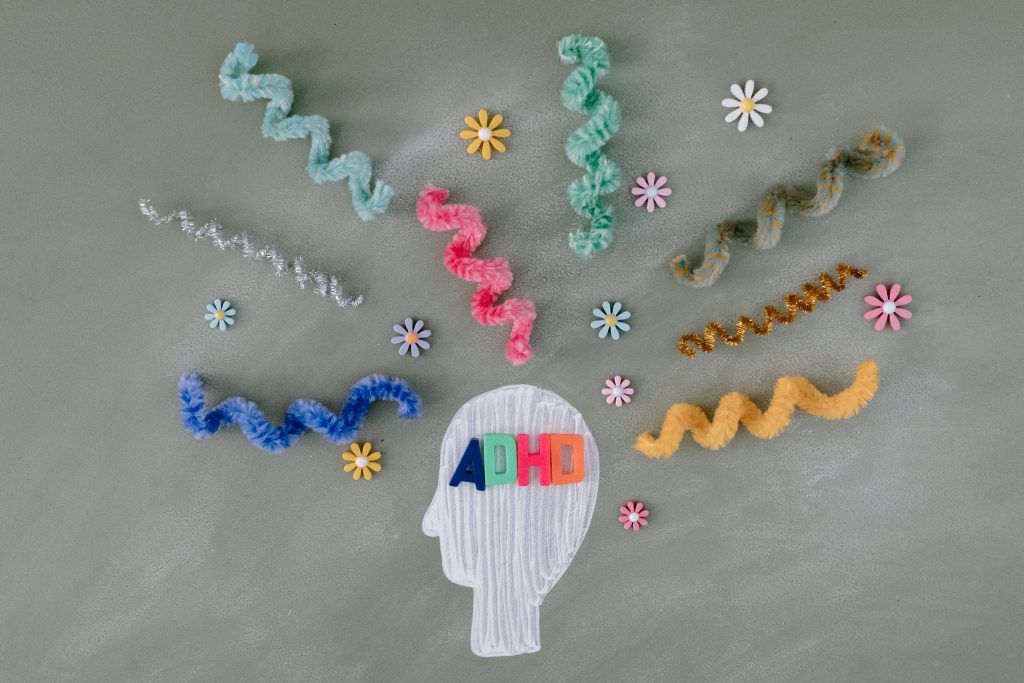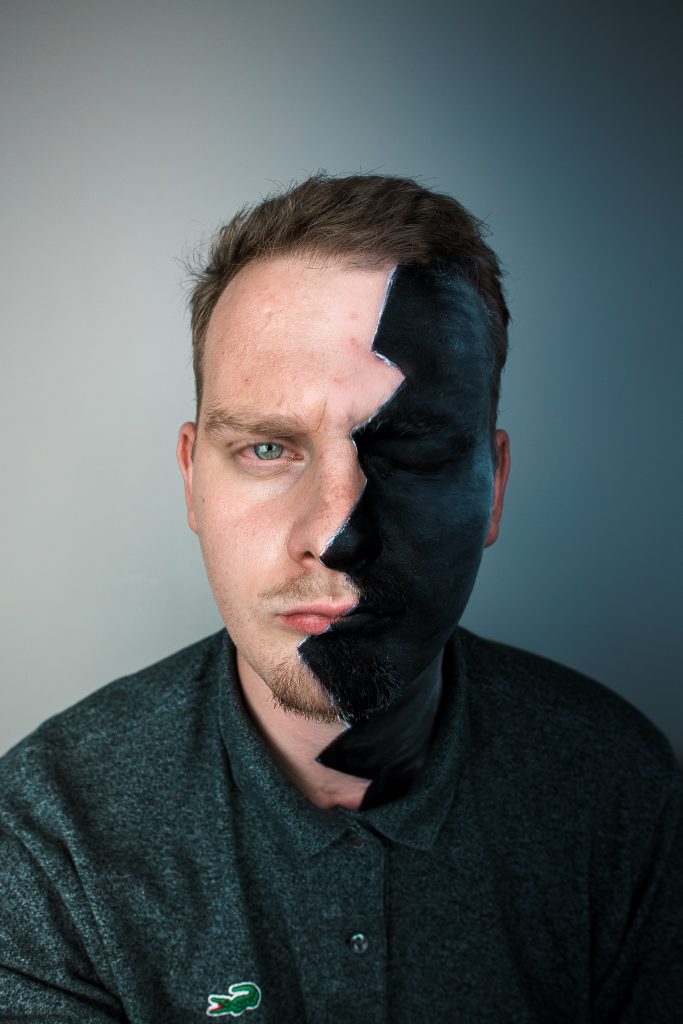This is a free essay sample available for all students. If you are looking where to buy pre written essays on the topic “Hidden Dangers of ADHD Medications”, browse our private essay samples.
ADHD stands for Attention Deficit Hyperactivity Disorder. It is most commonly found in children and goes way into adulthood. The most visible and apparent symptoms of ADHD could be having trouble paying attention. In addition to this, ADHD patients, mostly children, may have a hard time controlling impulsive behaviors, or being fully involved in activities.
The treatment of ADHD includes both medication and therapy. It is a long debate whether there are any hidden dangers of ADHD medications. Studies have found that many medications are not free from various hidden dangers and risks.
In this article, we will take a deep hard look at these hidden dangers in detail with the example of an essay.
Have a hard time acing your school essay? We can sort things out for you! Our expert writers can help you with well-researched and masterfully composed essays. So, contact us right away!
Essay on Hidden Dangers of ADHD Medication
Attention Deficit Hyperactivity Disorder (ADHD) can cause a lot of trouble for kids and their parents. It is defined as an attention deficit and a mania-like condition where kids have a hard time keeping their attention to one thing or process. They also have almost no control over impulsive behavior.
Even though there are many benefits to the use of ADHD medication, many hidden symptoms are lurking under the surface.

Following are some of the hidden dangers or side effects of ADHD medication:
- Heart Disease/ High Blood Pressure
- Seizure/ Arrhythmia
- Abuse & Addiction
- Psychological Disorders
- Skin Discoloration
Now, let’s take a look at the correlation of each one of the risks with the widely-used ADHD medications in detail.
Heart Disease/High Blood Pressure
Most of the ADHD medications doctors prescribe are often classified as stimulant medication. Since kids have a hard time paying attention to any given subject, stimulants can pump them up with energy so they can cope with the deficiency.
The problem with stimulants is that they raise the blood pressure and effectively take the pumping action of the heart up a notch. This is perfectly acceptable if a person does not have any prior heart or blood pressure issues. If he or she does, such stimulants can cause severe complications.

Some of the classes of ADHD medication that are perfectly fine if there is no underlying heart or blood pressure issue include because they are not stimulant medication:
- Methylphenidate
- Lisdexamfetamine
- Dexmethylphenidate
- Dextroamphetamine
- Amphetamine
- Seizure/ Arrhythmia
Seizures are defined as sudden neuro-electrical changes in the brain. They can cause abrupt changes in behavior, feelings, consciousness, or body movements. Whereas arrhythmia means disturbance in the heartbeat or its rhythm. It means it is either beating too fast, too slow, or in an irregular pattern.
Some ADHD medication that is not classified as stimulants is often considered to be the cause of seizures or arrhythmia, for instance, Strattera. When the complications persist for a long time, they can pose a bigger threat to the mental and neurological health of a patient.
The direction of the US Food and Drug Administration (FDA) is clear when it comes to the hidden dangers of ADHD. It suggests that patients with a history of seizures or irregular heartbeats should stay away from these stimulant medications.
Abuse & Addiction
Several cases have been found where patients use ADHD medication to get “high”. Instead of taking the medicine the way it was prescribed by the health professionals, the patients would crush the tablets and then snort them through their nostrils, resulting in long term effects of ADHD medication.

Since ADHD medication has compounds that are found in recreational drugs, it is probable patients with a drug abuse history go that path. What they don’t understand is that it can cause serious overdose which can lead to permanent brain damage or even death.
- People with no history of substance abuse have almost no risk at all to fall prey to abuse or addiction to drugs.
- Adult ADHD medications in people with inclinations or a history of substance should not ignore the risks and get their medical professionals in confidence. It is best to talk to your doctor frankly about your past drug abuse or addiction problems. He or she will let you know whether these medications will be alright for them or not.
- Psychological Disorders
Even though it is rare, there is no denying that many ADHD drugs are related to mental health problems. Studies are inconclusive but there is evidence that many people have formed aggression or hostility when they were subjected to these medications. In some cases, patients have submitted symptoms of Dual Identity Disorder (DID).

The directive of the FDA in this regard is clear. It suggests that there exists a risk in using stimulant drugs that could lead to mood swings, even exhibition of psychosis, including paranoia.
Again, the best way to ensure the complete safety and well-being of a patient is to maintain frank communication with the doctor. It pays to have logs regarding mood changes and other behavioral disturbances after taking medication.
Skin Discoloration
Some drugs and their way of administration are linked to the condition known as chemical leukoderma. This can happen when a Daytrana skin patch is applied to the skin of patients.
In some ADHD patients, this has resulted in permanent loss of skin pigmentation where the patch was applied. There is no clear direction or indication as to why this happened, but the cause seems to be the patch of the methylphenidate transdermal system.
Risk Assessment of ADHD Medications
The best way to go about the risk assessment of ADHD medications is by working closely with the doctor. Before starting a course, it is best to let your doctor run some tests, including behavioral analysis, to check whether patients have heart disease or any other related complications that can be triggered by ADHD drugs.
In addition to the risks discussed in detail in the previous sections, the following are some additional conditions that can happen while taking medication:
- Allergy or hypersensitivity to stimulants
- Liver or kidney complications
- Case of mental or psychiatric history
- Glaucoma
- Overactive thyroid
- Tourette’s syndrome
Once you experience discomfort or have any history of these medical conditions, contact your professional health provider.
ADHD medications are effective in many cases. But when they are not, patients should refrain from taking them without consulting with their doctors. Otherwise, it can cause severe psychological and physiological damage to patients.
Conclusion
As a caretaker of a child with Attention Deficit Hyperactivity Disorder (ADHD) condition, people take the initiative to see a doctor and treat ADHD. This is all in good spirit but there is also a need to check whether the medications prescribed by the doctor are safe or not for that specific patient. This ADHD medication essay was written to shed light on the hidden dangers of ADHD medication or stimulant medications. They may not be apparent at a first glance but a little scrutiny can reveal them. It is best to get in complete contact with the doctor and update the office regarding the development of the patients. In case someone notices risks or side effects, get in touch with the doctor immediately. This way, not only the doctor can contain the risks in a timely fashion but also keep the patient from experiencing discomfort.